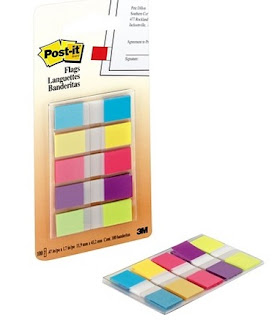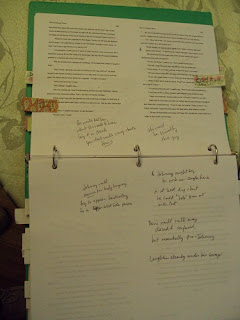 |
| Photo credit: DanielaTurcanu from morguefile.com |
Reflecting on what worked, I realized there were some influential articles and blog posts that were especially helpful to me. As my year-end gift to you, here they are:
Most helpful posts of the year
The procrastination doom loop, and how to break it via @TheAtlantic
It's very easy to become slave to your moods when you're doing creative work. This is one of the best explanations about how to overcome this. Truly a game-changer for me.
The Redemptive Arc via @DavidCorbett_CA
Really helpful discussion on how guilt and shame operate in a person's life, and how to harness these powerful emotional forces to build stories that resonate.
Five tips for making writing a daily habit via @premieressay
Some of the advice here will seem like old hat--goal setting, accountability. Other tips are unique to creative writing, like being always prepared to capture ideas when they come. Not putting parameters on what "counts" as output for the day is great too. Check it out.
Discovering our writing process via @JamiGold
Whatever gets you to "the end" is worth trying. Don't let the plethora of advice online paralyze you, or worse, make you waste your creative life chasing the Holy Grail of "a perfect writing process." If the thought "I must be doing this writing thing wrong" ever crossed your mind, check out this post.
More than one adjective--Comma or no comma? via @CathleenTowns
This is my favorite editorial discovery of the year. I've never before heard the rules of how to order adjectives, even in graduate-level editing courses. If commas drive you batty, go check this out!
How POV can solve your writing troubles via @Janice_Hardy
This one crossed my Twitter feed when I was struggling to ensure my denouement would remain dynamic and dramatic, not devolve into a dull info-dump. It helped me with with more than this--I was able to revise several other scenes I knew weren't quite working yet.
"Can you make this worse?" Thoughts on rituals of self-care when the writing is hard via @gingermoran
Are you genuinely taking risks in your writing, daring to go deep when it would be easier not to? This post discusses teasing out the deep emotions that are difficult to access, and also how to not lose your mind while doing so.
The unfair truth about how creative people really succeed via @JeffGoins
A look at why networking is important, and helpfully gives tips on how to do it better. For the reticent and shy, this is good stuff. It's all about being supportive and trustworthy, not flashy.
My favorite writing books from 2015
Story Trumps Structure: How to Write Unforgettable Fiction by Breaking the Rules by Steven James
At last! A writing craft book for pantsers that doesn't try to force you to become a plotter. James's approach is to help you develop more deeply what you do well--follow your instinct toward the most compelling direction a story can go. His chapter on "status" in character interactions is worth the purchase price. Pure gold.
Around the Writer's Block: Using Brain Science to Solve Writer's Resistance by Roseanne Bane
A great all-around resource for building better work habits while gaining a deep sense of satisfaction and creative joy. This book isn't just about routine and schedule, but caring for and feeding your muse. Her most powerful concept is the importance to entering a relaxed state in order to create. If you struggle a lot with writer's resistance (fear-based procrastination), you MUST read this book. It is hugely helpful. A great follow up to Pressfield's The War of Art.
Any powerful lessons you learned this year? Favorite links you'd like to share?


























